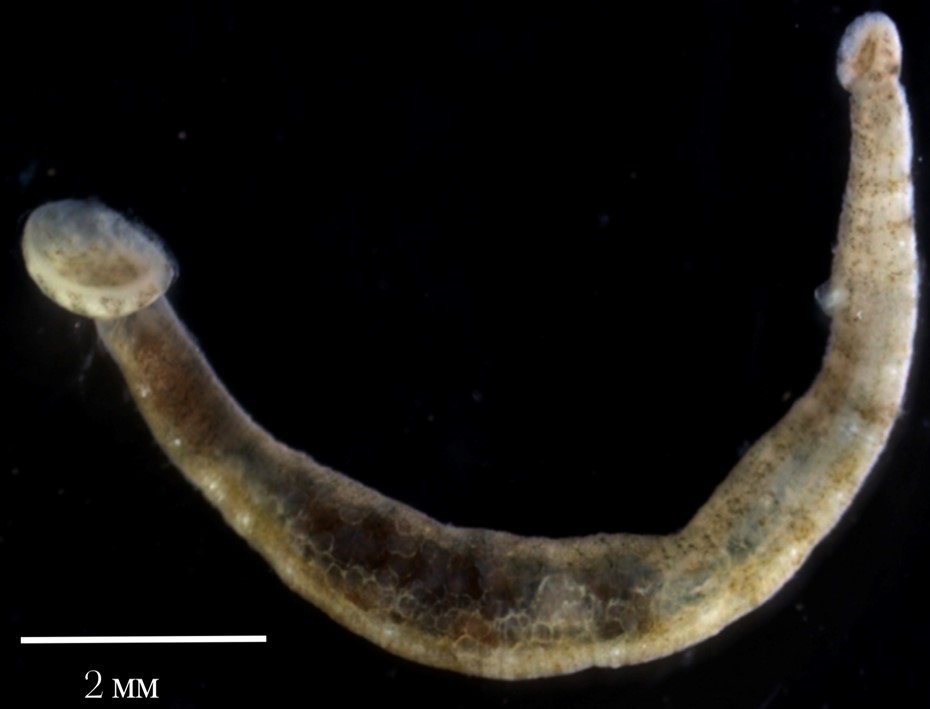IKBFU scientists have discovered the unique properties of a tropical plant which could be used as pest control on fish farms. Fern extract contains many useful chemical compounds that combine antimicrobial and antiparasitic activity and may soon become a safe alternative to using toxic chemicals. The study, backed by a grant from the Russian Science Foundation, was published in the journal Molecules.
Vibriosis is a bacterial disease that poses a significant threat to fish and shellfish in aquaculture systems; it is primarily caused by several species of Vibrio bacteria. The bacteria are capable of infecting a wide range of commercially significant fish. In addition to vibriosis, the aquaculture industry also has to deal with the problem of parasite infestation. A well-known example is the parasitic leech Zeylanicobdella arugamensis de Silva, 1963 (Hirudinea, Piscicolidae), which thrives in the coastal tropical and subtropical regions Infected fish experience rapid mortality and the parasitic leeches are also thought to contribute to the aforementioned Vibriosis. The increase in fish mortality causes considerable damage to the aquaculture industry and results in significant economic loss.

IKBFU scientists and their Malaysian colleagues investigated the antiparasitic potential of the Nephrolepis biserrata — the giant sword fern (GSF). In the aquaculture industry, the use of toxic chemicals is a common practice to control Vibriosis and prevent parasite infestations. It is vita; to recognize that the use of these pollutants has serious negative impacts on fish, humans and the ecosystem as a whole, unlike biological control agents. The findings show that GSF extract exhibits significant antivibrio property being 2.5 times more potent than methanol and chloroform extracts and having an increased zone of inhibition.
Scientists analysed the metabolic composition of the GSF extract and identified several classes of metabolites associated with antiparasitic potential. Flavonoids and phenolics were found to be the dominant metabolites in the extract. These classes of metabolites have been identified in the extract of other plant species known for their antimicrobial and antiparasitic properties. Nicotinamide, a type of vitamin B, has also demonstrated antiparasitic activity against Trypanosoma cruzi., a cause of Chagas disease in humans.
| Olga Babich, head of the IKBFU "Applied Biotechnology" Research and Education Center, RNF grant manager: |
|
The study results are quite promising and indicate the high antibacterial and antiparasitic potential of the GSF extract. The researchers identified 118 compounds, which include many metabolites exhibiting antibacterial and antiparasitic activity, such as cinnamic acid and nicotinamide. The findings suggest that GSF extract is a promising natural alternative for the effective control of Vibrio infections and the treatment of parasitic leeches in aquaculture systems. It could be used to produce commercial fish feed and improve water quality. |
User profile for student
User profile for student
I give consent to the processing of the personal data provided, with Personal Data Processing Policy acquainted
Confirm consent